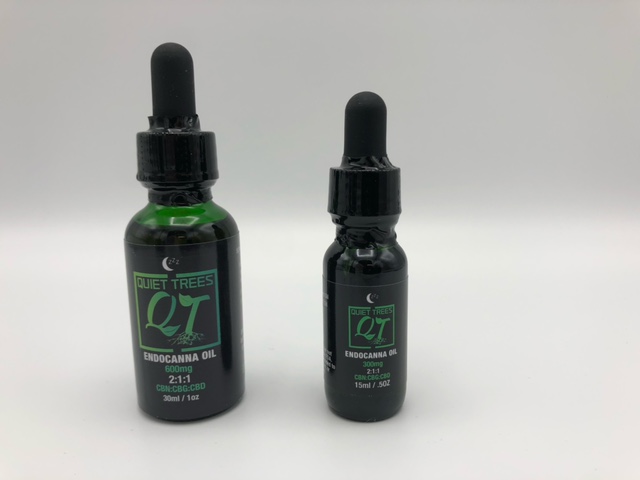In the intricate dance of human connection, relationships often serve as the foundation of our emotional well-being. However, when anxiety becomes a silent participant in this dance, it can cast a shadow over the vibrancy of our connections. This article explores the profound impact of anxiety on relationships and provides invaluable insights into coping strategies to sustain and strengthen these vital bonds.
Understanding Anxiety in the Context of Relationships
Anxiety, a common mental health challenge, can seep into various aspects of our lives, and relationships are no exception. It manifests in different forms, such as generalized anxiety disorder, social anxiety, or specific phobias, each influencing how individuals navigate their emotional landscapes within relationships.
The Emotional Toll on Individuals
Anxiety can manifest as excessive worry, fear, and apprehension. In a relationship, this emotional burden can lead to strained communication, difficulty expressing oneself, and an overall sense of unease. Individuals grappling with anxiety may find it challenging to fully engage in the relationship, impacting both their emotional connection and the quality of their interactions.
The Ripple Effect on Relationship Dynamics
Anxiety doesn’t exist in isolation; its effects ripple through the dynamics of a relationship. Partners may feel the strain of their loved one’s anxiety, leading to misunderstandings, frustration, or a sense of helplessness. Over time, if not addressed, these challenges can erode the foundation of trust and intimacy.

Coping Strategies: Nurturing Resilience in Relationships
While anxiety can pose challenges, proactive coping strategies can foster resilience and fortify relationships. Here are effective approaches to navigate the impact of anxiety:
1. Open Communication
Encouraging open and honest communication is fundamental. Partners should create a safe space to discuss feelings, fears, and concerns without judgment. This facilitates understanding and empathy, essential elements for navigating the complexities of anxiety within a relationship.
2. Educate and Normalize
Knowledge is a powerful tool. Learning about anxiety, its manifestations, and coping mechanisms helps both partners comprehend the challenges. Normalizing the experience reduces stigma, fostering an environment where seeking help is encouraged.
3. Seek Professional Support
In some cases, seeking professional help is instrumental. Therapy, whether individual or couples counseling, provides a structured space for exploring and addressing anxiety-related issues. A mental health professional can offer guidance and equip partners with coping strategies tailored to their unique situation.
4. Establish Healthy Boundaries
Understanding personal boundaries is crucial. Partners should collaboratively define and respect each other’s limits. This ensures a supportive environment without overwhelming the individual experiencing anxiety.
5. Practice Self-Care Together
Engaging in self-care activities as a couple can be transformative. Whether it’s a leisurely walk, mindfulness exercises, or pursuing shared hobbies, these activities create positive experiences, fostering emotional connection and resilience.
Conclusion
The impact of anxiety on relationships is a nuanced challenge that requires compassion, understanding, and proactive efforts from both partners. By fostering open communication, seeking knowledge, and implementing effective coping strategies, individuals can navigate the emotional terrain of anxiety, strengthening their bonds and preserving the vitality of their relationships.
Remember, addressing anxiety in relationships is a journey, not a destination. It requires ongoing commitment and a willingness to adapt and grow together. Through mutual support and understanding, couples can not only cope with anxiety but also emerge stronger, deepening their connection and enriching the tapestry of their shared experiences. For more information or to read all about help for anxiety and stress, you may visit their page to learn more.





